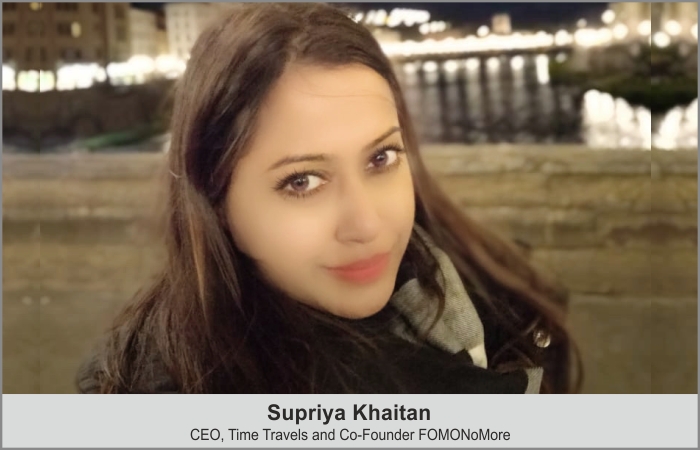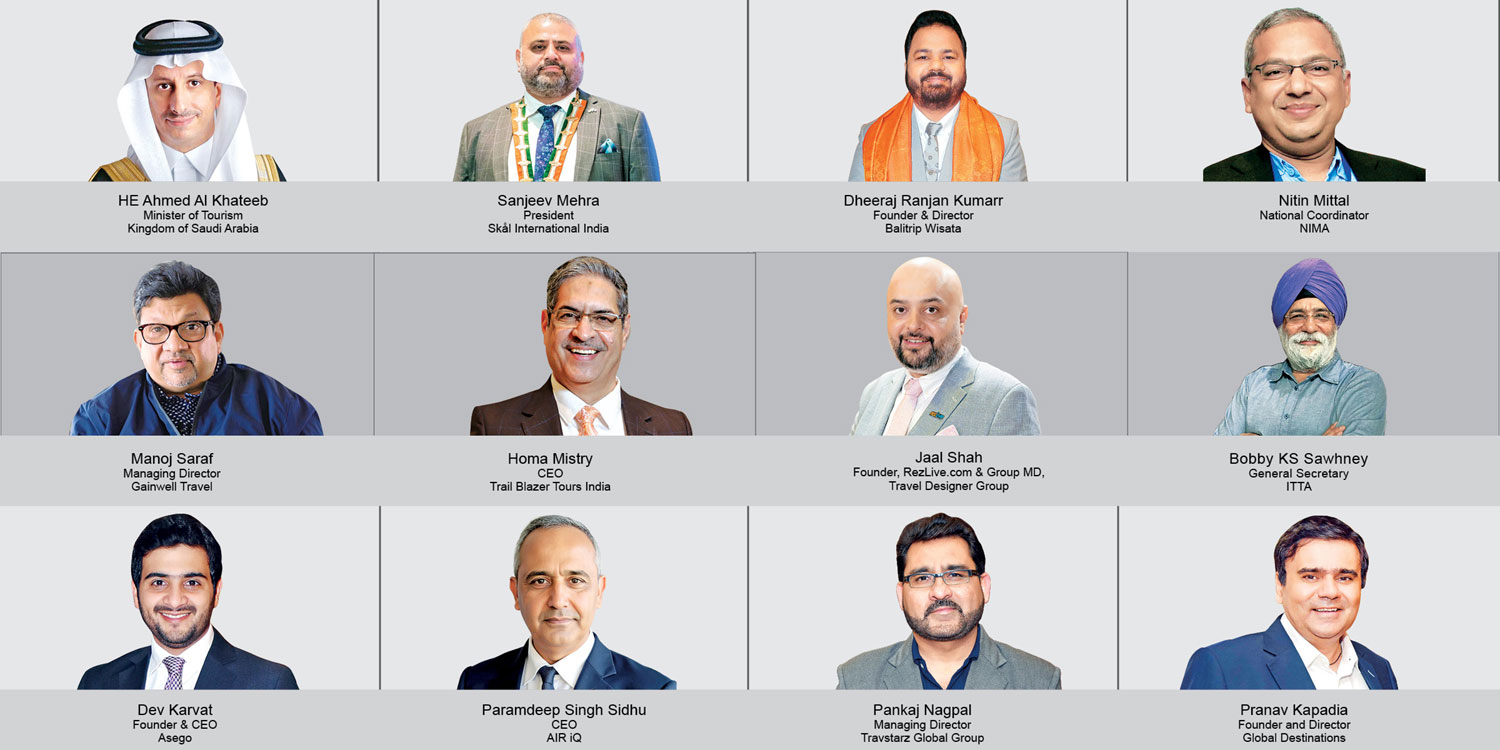A passion for protecting wildlife and a desire to build India as an attractive wildlife tourism destination prompted this trio from Kolkata to launch an intense 35-series episode on Big Cats. Now, they say, would be a good time for private operators to realise that going green today and supporting better ecotourism would go a long way.
Hazel Jain
With the aim to educate the travel trade about the eight Big Cats, wildlife conservation and sustainable tourism, Kolkata-based tour operator Time Travels has been conducting a 35-series live webinar starting from August 10. The hour-long webinars have 35 experts from nine countries speaking on their area of expertise. Supriya Khaitan, CEO, Time Travels and Co-Founder of FOMONoMore, says, “We created a big team of experts from all walks of wildlife who wished to address the need for conversations, and this led us to establish FOMONoMore.”
Speaking about how the idea germinated, she adds, “I approached Dr Latika Nath and soon we had a team of experts from scientists, biologists, researchers, photographers, conservationists, ecologists and carnivore biologists who wished to share their research with us. The videos are available on our social media platforms.” Also involved are Co-Founders, Arvind Agarwalla and Chaitanya Khaitan, COO of Time Travels.
Need for a wholesome product
With 104 national parks and 551 wildlife sanctuaries of which 88 are conservation reserves and 50 sanctuaries, India is a haven for wildlife lovers. “Unfortunately, travellers are used to the top-of-the-line African experience and we are unable to provide something on a par since the parks in India are run within protected zones which are led by the government. Implementation of responsible eco-tourism, minimisation of environmental impact, generation of funds for conservation, and education of visitors could mark as the starting point to providing wholesome wildlifetourism,” Khaitan adds.
There is a lot that can be done to make India’s ecotourism known to the world. Explaining this, Khaitan says that avoiding human conflict with animals is the first step. “COVID-19 has taught us that most of the Big Cats and other animals have been living very peacefully in cities without our knowledge. Once we saw them coming out we realised that this coexistence needs to have a balance. As responsible travel agents, we, along with private operators, need to work with the government to up our game and provide accommodation at the same level as Africa and South America, or even better,” she says. Taking this thought further, she adds, “The industry needs to work together rather than compete with each other. Private operators need to understand that it will be cheaper in the long run to go green today. This is the first step to win the confidence of government officials to make necessary changes in the rules. To view webinar details, see our EventsTalk section.
 TravTalk India Online Magazine
TravTalk India Online Magazine





